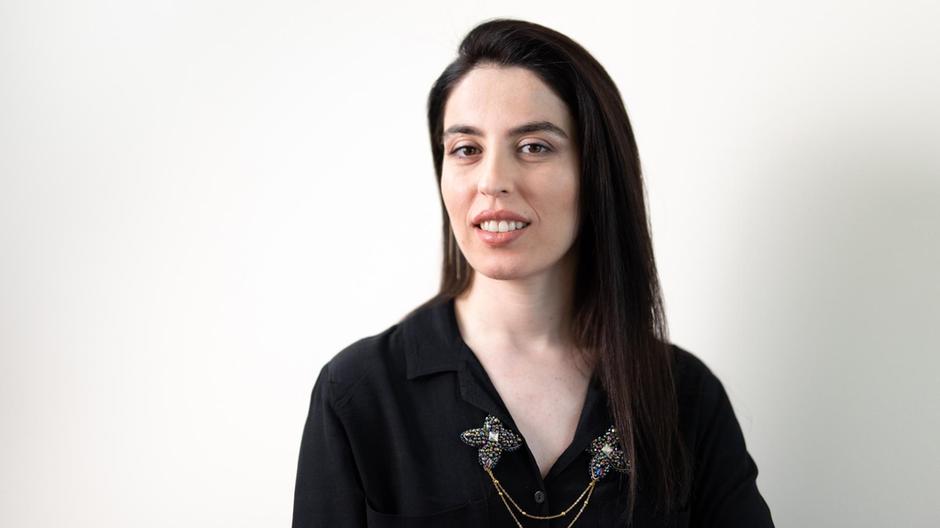Since launching in 2006, Cartier Women’s Initiative has supported female entrepreneurs around the world.
The annual prize aims to support women-run and women-owned businesses that have a strong sustainable, social, or environmental impact. Open to any country and any sector, the award is intended to drive change by empowering female entrepreneurs.
There are eight categories, and the winning laureate in each category receives $100,000, while runners-up receive $30,000.
All 24 finalists will receive one-on-one mentorship, attend workshops and be trained in media visibility. They will also join an Insead Business School impact entrepreneurship programme. To date, the award has supported more than 260 women entrepreneurs from more than 60 countries, and handed out $4 million in prize money.
For 2021, a new category of Science & Technology Pioneer Award was launched, and applicants from Mali, Iraq and Myanmar were accepted for the first time. The final 24 were selected from 876 applicants from 142 countries, Cartier said.
Speaking ahead of the ceremony, Cyrille Vigneron, president and chief executive of Cartier International, said: “Women have always had a pivotal role at Cartier, both as a driving force and an endless source of inspiration.
“In these challenging times, they are more admirable than ever, proving their resilience in the face of adversity and their ability to create concrete and durable solutions not only for themselves, but for their communities and the world at large.
“It is our honour and pride to support these women who keep pushing the boundaries in order to make the world a better and more equal place.”
The winner: Kesk
Abdulrahman’s prize winning company, Kesk, was founded to help reduce the difficulties faced by many Iraqis in need of a stable electricity supply.
Hailing from Iraq, Abdulrahman knows first-hand the difficulties of navigating the summer heat on a few hours of electricity a day. As the national grid struggles to keep pace with demand, Iraqi citizens are often left trying to cope with temperatures of up to 50°C with little or no air conditioning.
“The electricity crisis has been a big deal. People protest about it once or twice a year,” Abdulrahman explains. “Iraqi citizens get no more than 12 hours of electricity from the main grid each day. Iraqis are searching for alternative sources of energy.”
While studying for her masters in civil engineering in the US, Abdulrahman was introduced to the concept of green building design and the rating system known as Leadership in Energy and Environmental Design. Seeing the potential for helping solve Iraq’s power supply issues, she founded Kesk in 2018 as an engineering and design consultancy.
However, with little interest from the Iraqi government, and local businesses facing several concerns, Kesk shifted to building and testing its own stand-alone solar AC units in 2020.
To make the units cheaper and simpler to run, the expensive battery that stores power accumulated during the day was removed. While the downside is that the unit cannot deliver power at night, the substantially reduced price, Abdulrahman believes, makes it a viable alternative for those facing outages.
“You have solar AC working all day, so your house will cool down,” she says.
With the average Iraqi household running four AC units, Abdulrahman believes that shifting even one to solar power will have a huge impact.
“This kind of product is going to be very helpful for Iraq because AC units consume 60 to 70 per cent of Iraq’s energy,” Abdulrahman explains. “In the next 12 months we plan to install at least 100 units.”
With ambitious plans to sell 3,000 to 5,000 units over the coming five years, Abdulrahman believes there is huge potential beyond homes.
“We want this to be not just for individual consumers but for businesses, schools, universities, hospitals—any kind of building that demands energy from nine to five.”
To enable people to adopt this technology, Kesk is working with financial institutions to offer instalment plans, and is training technicians and creating employment opportunities.
Kesk is also developing a portal to gather data about energy savings, and Abdulrahman and her team are looking towards a future where green building practices are implemented across the country. With the ability to create buildings that produce clean energy, harvest rain water, help with biodiversity and even produce food through concepts such as rooftop farming, Abdulrahman’s wish is that Iraqis will be less reliant on the power grid.
